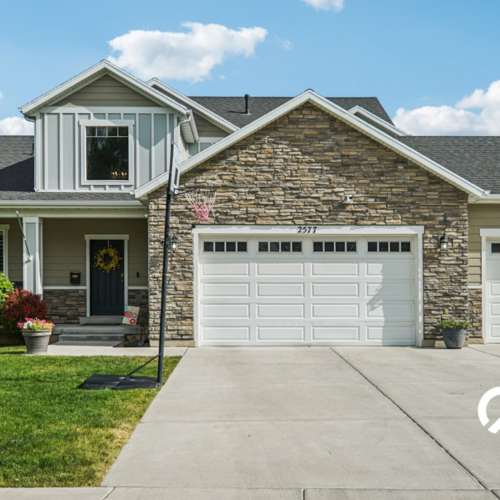Smart renovations should protect your budget and long-term home value.
Renovating a new home can be an exciting step, especially when you’re eager to make the space your own. But without careful planning, common mistakes can lead to unexpected costs and lower your home’s value over time. Before you begin knocking down walls or browsing trendy designs, there are a few important guidelines to keep in mind. Here's everything you need to keep in mind:
1. Set a budget. One of the biggest mistakes new homeowners make is not setting a clear budget before starting a project. It’s easy to price out the cost of tile or fixtures but forget the additional materials like grout, tools, or labor. It’s important to get accurate bids based on your total project scope. Even then, expect to go over budget by 10 to 20 percent. Allow room for surprises so your finances stay on track.
"Not every trend is timeless, so think twice before removing quality features."
2. Be careful of following trends. Trends can be appealing, but not all of them last. Replacing timeless features like solid wood cabinets with more modern styles might seem like an upgrade, but depending on when you sell, you could end up renovating again. Personal touches are fine if you love them, but keep in mind they may not suit future buyers. A bold paint color or trendy layout could make your home harder to sell unless you’re ready to reverse those choices.
3. Know your DIY limits. Do-it-yourself projects can be rewarding but only when done correctly. Attempting jobs beyond your skill level can lead to more expensive repairs when professionals need to undo your work. For example, hanging drywall might be manageable, but taping and mudding are best left to experts. Knowing your limits and when to hire help will save time, stress, and money in the long run.
4. Focus on functionality over looks. Design choices that prioritize style over function can hurt the everyday usability of your space. Removing a full cabinet for a pair of decorative shelves may look clean but also reduce essential storage. Especially in busy areas like the kitchen, every inch of space matters. A design choice that seems appealing now might create inconvenience later or require you to reinstall what you removed.
5. Skip renovations that lower resale value. Some projects may not offer a strong return on investment if you plan to sell soon. Knocking down walls, adding specialty rooms, or over-rehabbing a space can make resale more difficult. If you plan to move within a few years, stick to updates like paint that can be easily changed. However, if this is your long-term home, make updates that improve your quality of life while still being thoughtful about how they’ll age.
It’s important to personalize your home, but equally important to think ahead. Work within your budget, be mindful of trends, and know when to seek professional input. If you need guidance on what changes could affect your home's value or want insight on current trends, feel free to reach out. You can call us at 801-845-9502 or send an email to [email protected]. We look forward to hearing from you.


